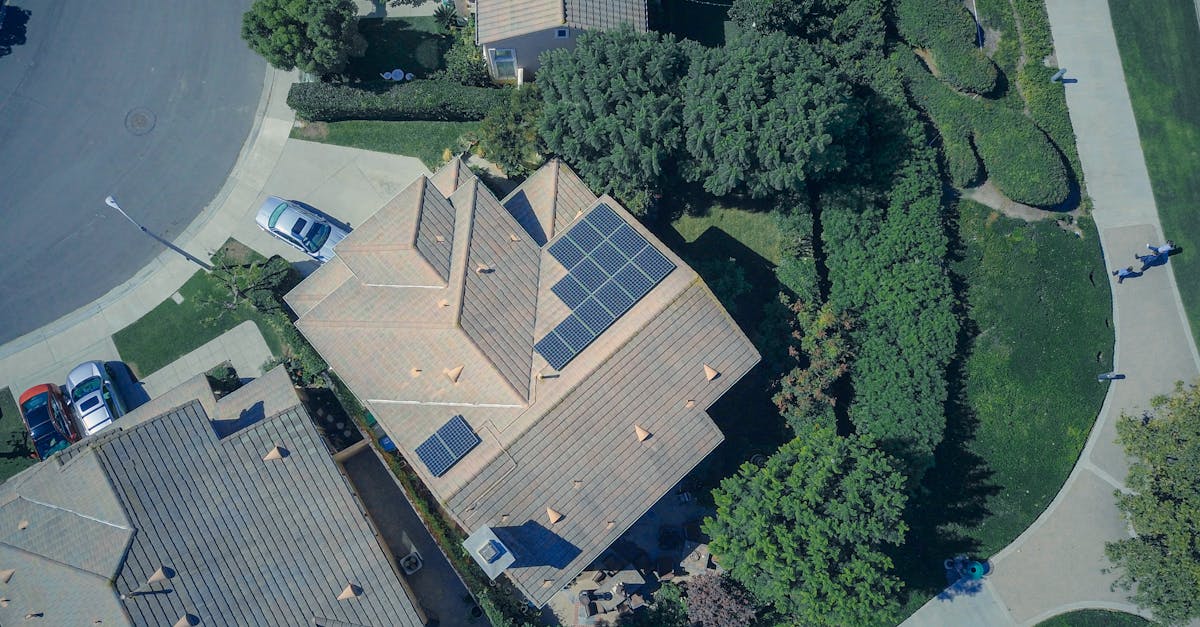
tly enhance efficiency.The ability to generate electricity independently not only enhances comfort but also ensures overall safety. Individuals can rely on their energy supply for crucial needs, such as lighting, refrigeration, and medical equipment. As energy independence becomes increasingly desirable, solar systems demonstrate their potential in providing a reliable power source even amid uncertainties in the grid.
Monitoring the system’s output is also crucial. Homeowners should be aware of the expected energy production and watch for any significant dips in performance, as these can indicate issues that may require professional attention. Many modern solar systems come with monitoring applications that allow users to track energy generation and identify potential problems early. Keeping an eye on warranties and service agreements can provide additional peace of mind and ensure that any necessary repairs are covered.Power Supply Resilience in Emergencies
The Role of Energy StorageDuring unexpected power outages or natural disasters, a residential solar PV system can provide homeowners with a reliable source of energy. This capability ensures that essential appliances and systems, such as refrigerators and heating, continue to operate. By harnessing sunlight, homes can maintain a level of independence from the grid, reducing reliance on external power sources that may become unavailable during emergencies.
Incorporating energy storage solutions into a solar photovoltaic system provides homeowners with the ability to harness and store surplus electricity generated during peak sunlight hours. This stored energy can be used during periods of low sunlight, such as cloudy days or at night, significantly increasing the efficiency of the solar installation. By relying on this stored energy, homeowners can reduce their dependence on the grid, leading to lower energy bills and enhanced sustainability.The integration of battery storage further enhances this resilience. Homeowners can store excess energy generated during the day for use during the night or when the grid is down. This combination of solar panels and battery systems allows for a steady and dependable power supply, significantly improving comfort and safety during unanticipated disruptions.
Battery systems also offer an additional layer of resilience and energy security. During power outages or grid failures, stored energy can keep essential appliances running, creating peace of mind for families. Moreover, advancements in battery technology have resulted in more efficient and longer-lasting storage options, making them an excellent complement to residential solar systems. Investing in energy storage not only enhances the overall functionality of solar solutions but also plays a crucial role in managing energy consumption effectively.Technological Advancements
Benefits of Incorporating Batteries into Your Solar SystemThe evolution of solar energy technology has led to significant improvements in the efficiency and performance of photovoltaic (PV)
hen Upgrading Your Solar PV SystemRelated Links
Roundup of Government Incentives for Residential Solar PVReview of the Top Residential Solar PV Systems in 2023
Historical Development of Residential Solar PV Systems